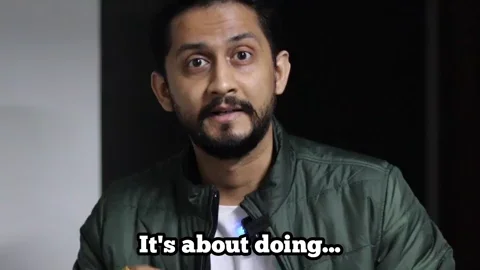Do some of the following ADHD symptoms affect your relationship?
Disorganization
Avoiding asking for help
Impatience
For example, it may be common for you to be easily distracted when you speak with your partner about something important. This can make them feel unvalued or make them think you don't care.

Here are some strategies to help make your relationship stronger.
1. Organization Strategies
According to Medical News Today, "ADHD changes the brain’s ability to retain and store the information necessary to plan and carry out tasks," which can "negatively affect organization."
Being able to communicate and organize things well with your partner is very important to maintaining a healthy relationship.

Practice some of the following to help prevent you from being distracted, impulsive, and forgetful when communicating with your partner.
Active listening: Make a conscious effort to focus on what your partner is saying without interrupting.
Non-verbal and visual cues: Use visual aids like calendars, to-do lists, or apps to stay organized with responsibilities. Non-verbal cues like nodding, eye contact, or touch help show understanding during conversations.
Break tasks into smaller steps: When making plans, break them down into smaller, manageable steps to prevent feeling overwhelmed.
Talk regularly: Set times to talk about your relationship to help address any problems before they become larger issues.
Quiz
You and your partner are trying to plan your next vacation. You can't seem to agree on activities to include on the trip and it makes you fight. Which strategies should you use to resolve the conflict? Select all that apply:
2. Asking for Help
Many people with ADHD "hate asking for help" because they might feel it makes them "look weak, helpless, or incompetent."
Don't be afraid to ask your partner for help. Tell your partner about how ADHD affects you and your relationship. This can help them understand you better as a person.
 Reflect on these questions when you are ready to ask your partner for help:
Reflect on these questions when you are ready to ask your partner for help:
What things do you find difficult in the relationship?
How would you like them to help you?
Are there things they should understand better about you and your ADHD?
What can you as a couple do to better manage things?
3. Improving Patience
If you have ADHD, "you may feel as though you have too many things on your plate at once."
Being patient is the ability to remain calm in the face of difficulties without becoming frustrated. Remember that developing patience is a journey, and it's okay to make mistakes along the way.

Practice mindfulness techniques like yoga, meditation, or breathing to help stay calm.
 Forgive and forget and try not to hold grudges.
Forgive and forget and try not to hold grudges.

Give each other space to calm down if you feel yourself becoming frustrated.
 Work as partners to create a plan to tackle specific issues in the relationship
Work as partners to create a plan to tackle specific issues in the relationship
4. Getting Support
As [people] with ADHD, we often beat ourselves up for not being able to do things as fast or efficiently as others and this can lead us to further isolate, afraid to ask for help because we 'should' be able to do it alone.
— Brittany Smith, ADHD Guild
If you're feeling overwhelmed, it's OK to look for extra support. Therapists or counselors who specialize in ADHD can give you professional relationship advice.
If you feel comfortable, you could ask your doctor about different ADHD medication.

Look for local (US) or online support groups where you can speak to people experiencing the same relationship issues as you. Listen to podcasts about ADHD that give a lot of advice.
Above all, accept yourself and celebrate any progress you make in improving your relationship.
Take Action

Your feedback matters to us.
This Byte helped me better understand the topic.
